
Sports & Politics Intersect: Dan Gilbert takes his ball and goes home
Front Five: The top stories that shaped both sports & politics this week
“The Cavaliers, Mayor Jackson and Cleveland City Council all know that the project would have been soundly defeated at the ballot box. This is their way of saving face.” – Cuyahoga County Progressive Caucus on Gilbert pulling out of the renovation project
Last December, the Cleveland Cavaliers announced a Quicken Loans Arena renovation project that would cost $140 million. The project was intended to make The Q competitive with modern arenas as it hoped to host the 2020 or 2021 NBA All-Star Game. On August 29, the renovation project was killed by Cavs owner Dan Gilbert after deciding that he didn’t want to see a months-long financing battle go to public vote in November.
After the Ohio Supreme court decided that the city council had to accept a petition with 20,000 signatures opposed to commit future tax dollars to paying off the debt, Gilbert has nixed the project completely. The city would have been on the hook for $88 million in admissions taxes had the deal gone through.
Gilbert, naturally, blamed sponsors of the referendum petition for killing the project despite having the financial means to take care of the renovation himself. Cleveland’s city council president, Kevin Kelly, wants an investigation of the backers of the referendum, believing it was funded by groups from Washington, D.C. and Columbus.
With the deal dead, so might be Gilbert’s willingness to extend his lease at Quicken Loans Arena through 2034, raising speculation that he might move or sell the team. While he’s said that he will ‘never move the Cavs’ amid questions about the deal dying, sources believe Gilbert could consider selling at some point in the next few years.
- Phillip Barnett
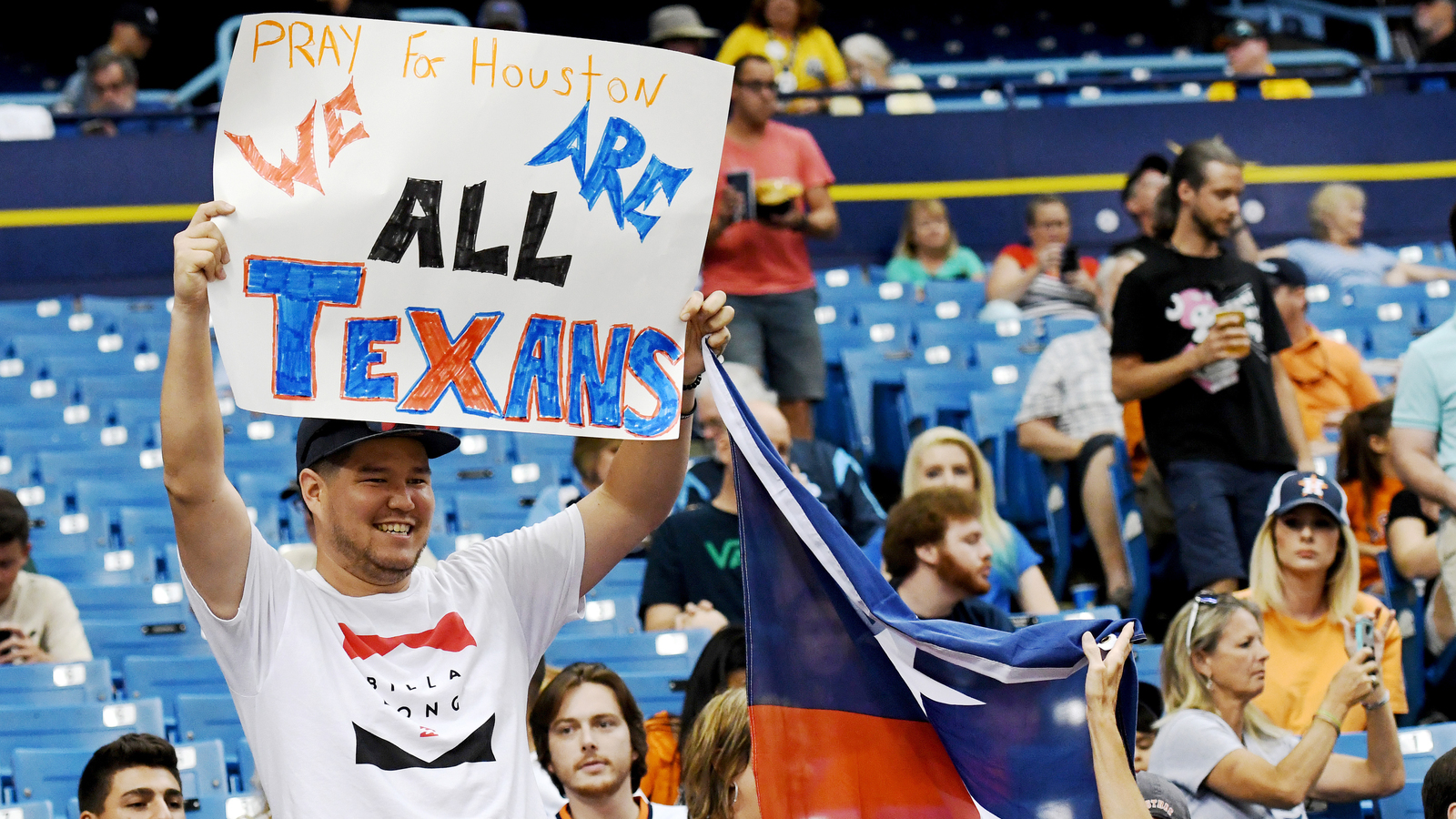
"We will come out of this stronger than ever." - J.J. Watt, on his Instagram message raising money for Hurricane Harvey relief.
As y'all know, coastal Texas is reeling from damage caused by Hurricane Harvey, one of the most catastrophic disasters in American history. Houston and large parts of Southeast Texas are underwater. This by the numbers piece does a good job at providing some context to Harvey's devastation.
Putting politics aside – make no mistake, politics very much had a lot to do with the aftermath, whether it be the local government acquiescing to developers who built on top of flood-prone areas, or the Trump administration's rolling back of policies that'll make recovery even harder – it's been heartening to see so much heroism and humanity as a result of Harvey (a special shoutout to journalists/reporters for literally saving lives in the middle of doing their jobs).
Among those heroes are figures from the world of sports, who have used their vast resources and celebrity to raise money for flood victims. Houston Texan J.J. Watt is a national treasure. As of this writing, he's raised more than $14 million in relief. It's not just him, of course. Here's an updated list on who has given what.
Want to help out but don't know how? The New York Times has put together a good list of places to give money to, including the local Texas Diaper Bank and the Houston and Corpus Christi Food Banks.
#TexasForever
- Fidel Martinez
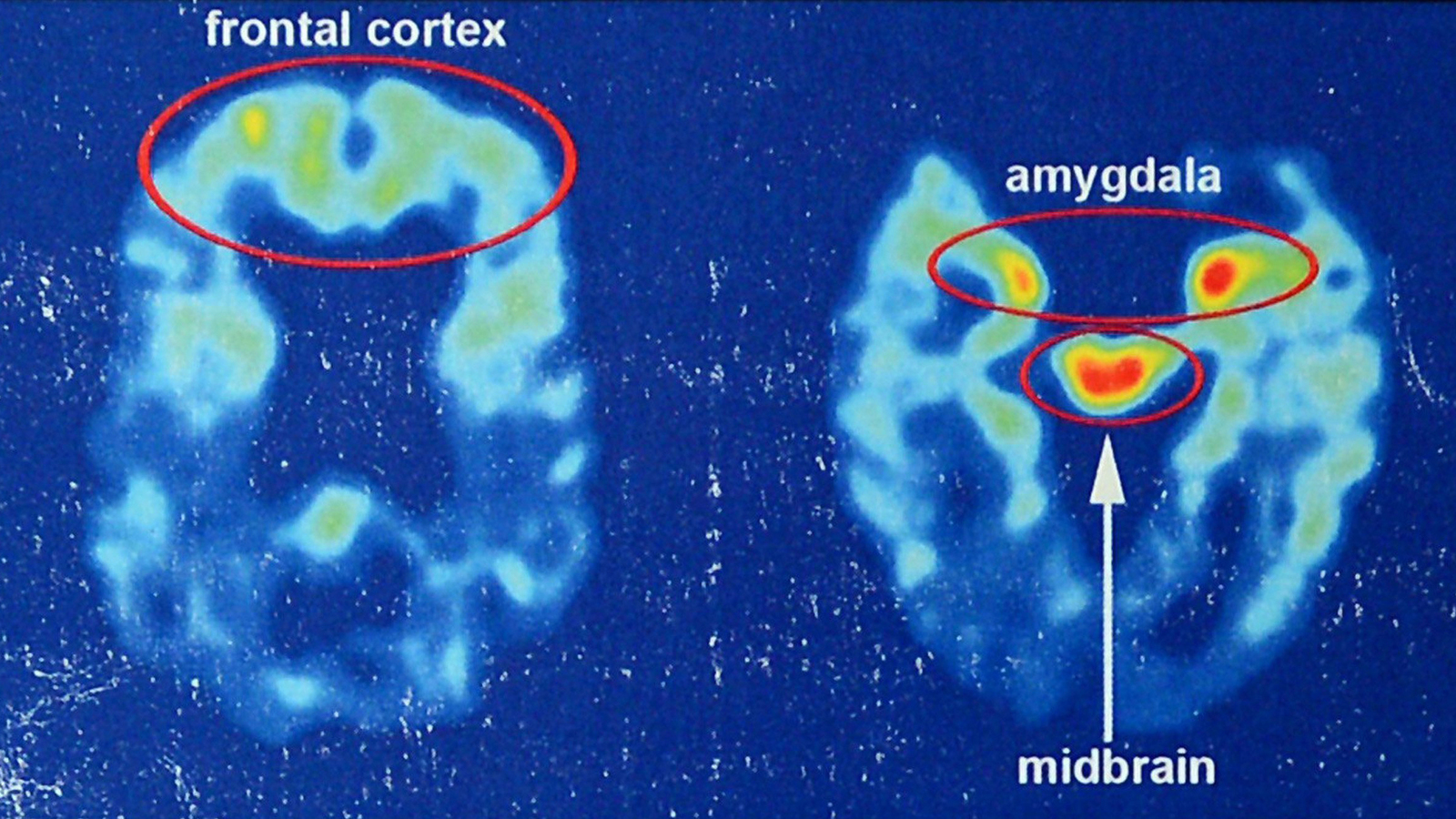
"[It's] something the public doesn't always like to hear about because they like to sit on a Sunday and watch their football games. But I'm here to tell you that the result is a lot of very sick men." - Liz Nicholson Sullivan, wife of Gerry Sullivan, former NFL offensive linesman who suffers from CTE.
Football season is here – college games started already and the NFL kicks off next week – and with it comes the very serious and necessary conversations about Chronic Traumatic Encephalopathy, the degenerative brain disease undeniably linked to the sport.
Among those bringing the topic to the forefront is Ed Cunningham, an ESPN/ABC college football color commentator who announced that he was quitting after more than 20 years in the booth because of what playing football does to the athletes.
"In its current state, there are some real dangers: broken limbs, wear and tear," Cunningham told The New York Times. "But the real crux of this is that I just don't think the game is safe for the brain. To me, it's unacceptable."
Cunningham isn't the only one shining a light on the CTE issue. As part of its upcoming NFL issue, ESPN The Magazine is running a pretty devastating feature written by Mark Fainaru-Wada and Simon Baumgart that talks to the family members of former NFL players currently dealing with the effects of CTE.
"He can't go to the bathroom by himself, he can't go bathe himself, can't use a toothbrush by himself anymore, can't feed himself," Lorraine Dixon said of her husband Rickey Dixon. Dixon spent six years as a defensive back in the NFL and was recently diagnosed with Lou Gehrig's disease (amyotrophic lateral sclerosis, or ALS).
But rather than addressing the issue head on, the NFL appears to be more interested in controlling the narrative. The five-year partnership between the league and the National Institute of Health acrimoniously ended on Thursday with half of the $30 million the NFL pledged for research left unused (the NFL had a say in how the money got spent). In its place, the NFL announced last year that it was launching "Play Smart, Play Safe," an initiative with an additional $100 million pledge to "drive progress in the prevention, diagnosis and treatment of head injuries, enhance medical protocols and further improve the way the game is taught and played." On paper, "Play Smart, Play Safe" looks like a positive step forward. In reality, however, the main focus of the initiative is to spend upwards of $60 million of that money on making a better helmet. As per research, "Play Smart, Play Safe" has yielded one study that looked at jockeys suffering from concussions related to riding horses. And the people running that study? An Australian researcher and British doctor who have repeatedly downplayed the relationship between CTE and football.
- Fidel Martinez
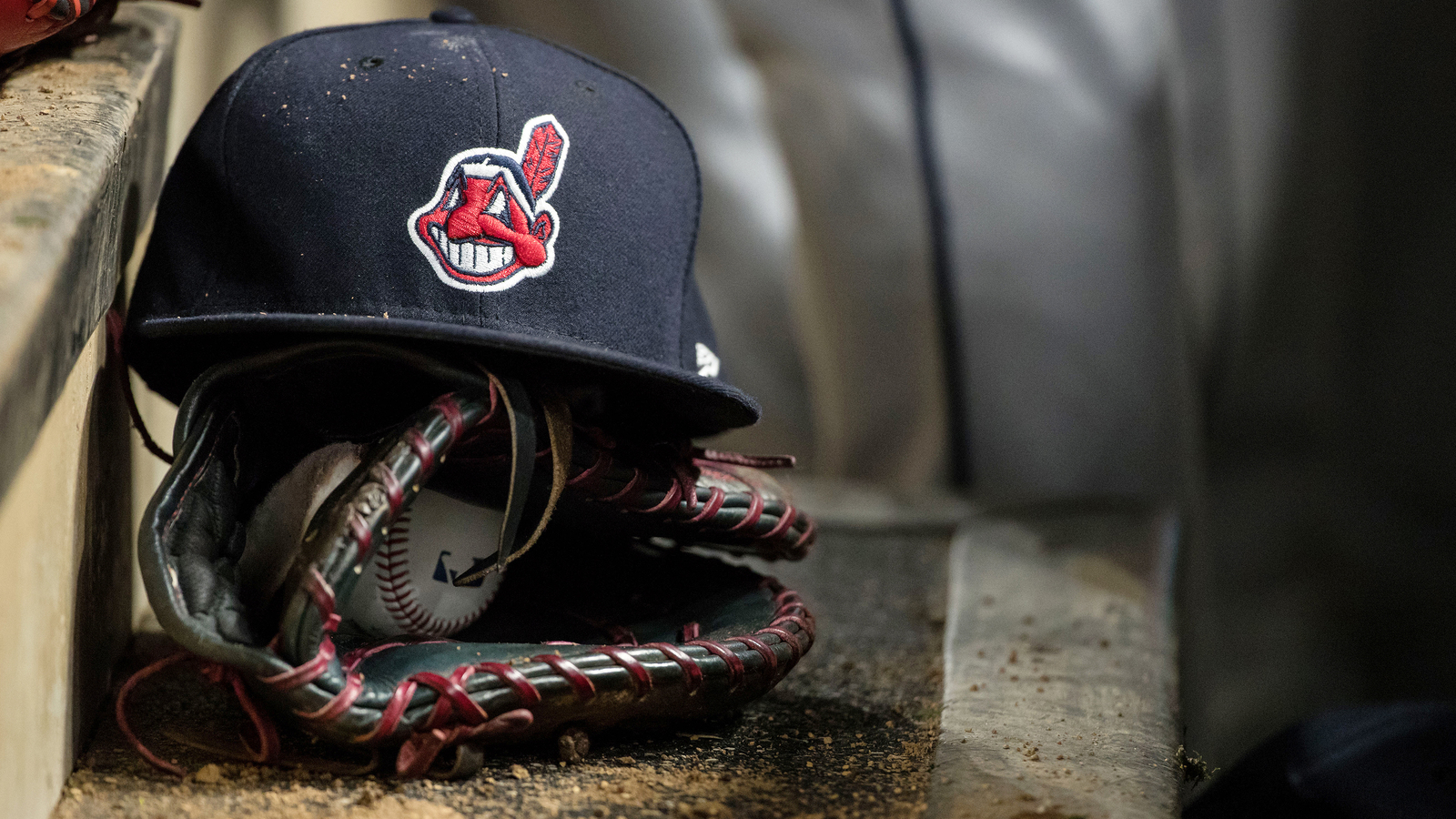
“We may live in a little bit of a bubble in terms of how we see Chief Wahoo and if you didn’t grow up here with it and you don’t have that emotional attachment and you look at it more objectively, you can see reason why some might be offended by it. And the commissioner is feeling that pressure.” - Indians owner Paul Dolan on Chief Wahoo
Chief Wahoo continues to exist as a mascot for the Cleveland Indians, but according to Indians owner Paul Dolan, the team is close to finding a “middle ground” on the use of Wahoo – a racially insensitive logo depicting a caricature of a Native American.
The team has made an effort to significantly reduce Wahoo’s presence. In 2014, the Indians switched its primary logo from Wahoo to the block letter “C.” In 2009, the team and removed Wahoo from road batting helmets and when they built their new spring training home in Arizona, Wahoo was nowhere on the facility. However, Wahoo still exists, and when the Indians made their World Series run last season, Wahoo was featured on a national stage.
While Dolan isn’t as hard nosed on Wahoo as Washington Redskins owner Dan Snyder is on the Redskins name and logo, he still isn’t willing to fully let go of Chief Wahoo, citing Cleveland’s emotional connection to something he recognizes is largely problematic on a national and global scale.
It’s hard to predict what the resolution will be, but with MLB’s commissioner Rob Manfred feeling pressure over the use of the logo, anything less than a complete removal will feel like a loss for both the Indians and MLB.
- Phillip Barnett
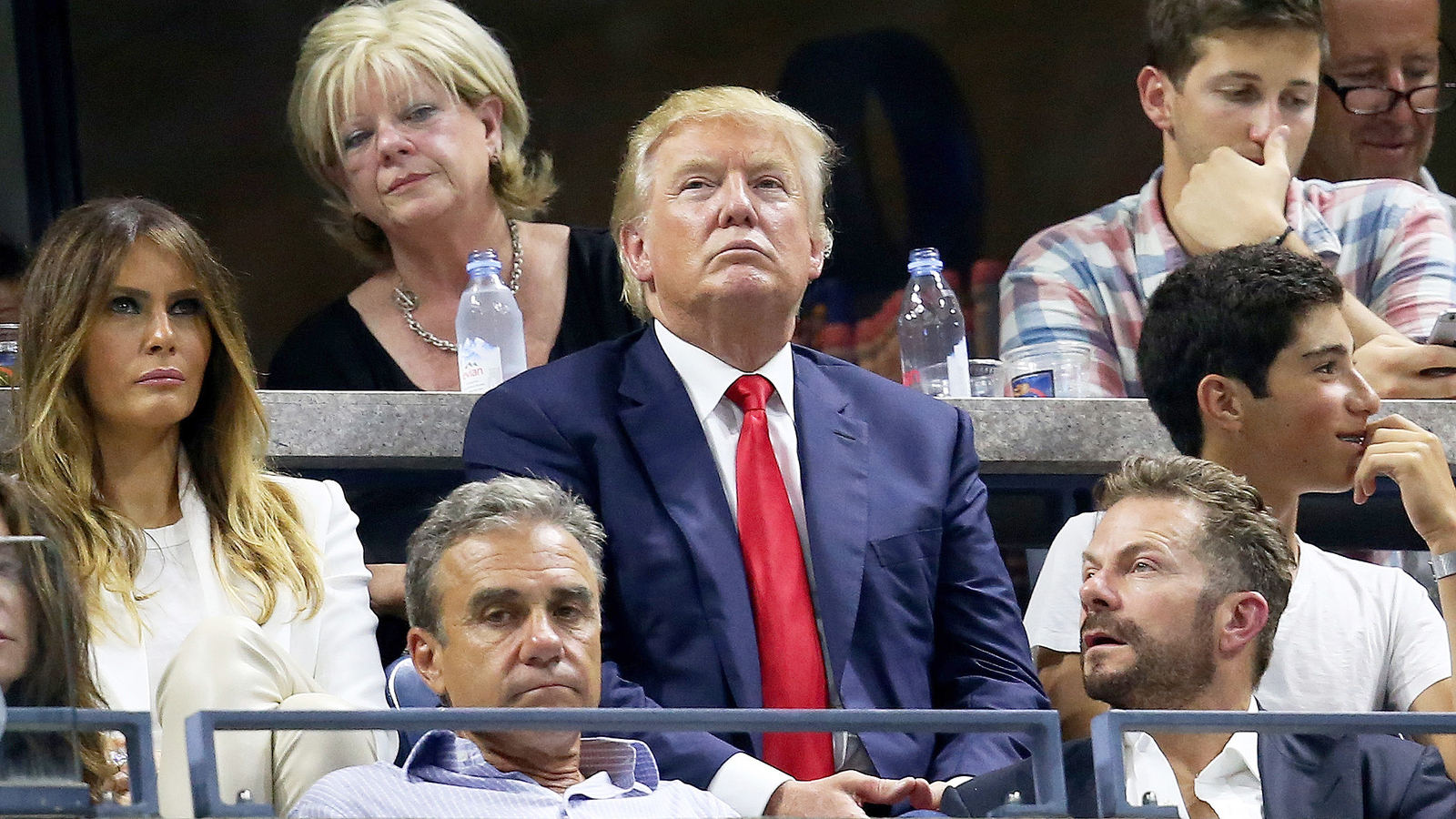
"I'll tell you what – if you vote a big one for me, I'm coming to one of those games, okay?" - Donald Trump on college football at a campaign rally in Missouri
With everything going on in the world, one of the last things one might consider is how Donald Trump affects the sports world. But pro and college sports are big business, and his presidency could affect the bottom line of, at the very least, the NFL.
Cable news networks have seen a huge boost in ratings since the 2016 campaign trail and since Trump became president. Fox Sports’ Mike Mulvihill laid out a few factors that affected ratings for NFL games last year, and among those were the election. Cable news networks were up 82 percent during prime time during Weeks 1-9 of last year’s NFL season.
Since Trump has become president, ratings for MSNBC are up 72 percent, CNN up 21 percent and Fox News up 21 percent. With this much interest in the presidency, many believe that attention could be taken away from the NFL once again this season.
Elsewhere, POTUS made a promise to Missouri that he’d attend a college football game if the state voted for him over Hillary Clinton. The Show Me State is now looking to the president to keep his promise, with Missouri hosting Missouri State on Sept. 2.
2017 is the 20th anniversary of Arthur Ashe court, and Donald Trump won’t be in Flushing Meadows to celebrate it. Trump, who has been attending the U.S. Open for years, has given up his press box, but he expects it back after his presidency is over.
When asked about the press box, USTA spokesman Chris Widmainer said, “[The Trump Organization] asked us to suspend the suite agreement for the suite that they traditionally purchase. But they also asked that at the conclusion of his presidency, would we agree to re-engage with them on their traditional suite. Because they are a long-term subscriber, we were willing to do that and we are doing that.”
- Phillip Barnett
Of Note:
The WNBA will let its teams decide how they stand for the national anthem for the rest of the season. In response to the Charlottesville tragedy, team personnel have chosen to link arms as a show of unity instead of the ‘dignified posture’ required by league protocol.
The New York Post spoke to ESPN’s Sage Steele about her new role after months of speculation of her job status in light of the network’s recent layoffs. Considering the criticism for her retorts on political matters on social media, the SportsCenter anchor believes that there should be a separation between politics and sports.
The Equal Employment Opportunity Commission supported Tony Nimmons, an umpire who alleged that the USTA had routinely discriminated against him and was demoted after complaining about it. Nimmons, who is black, was hired by the organization in 2009.
California’s Supreme Court ruled that a ‘citizens’ initiative’ to raise taxes only needs a simple majority instead of a two-thirds supermajority. While it wouldn’t have been enough to keep the Chargers from returning to Los Angeles, it provides an option if enough citizens in San Diego wanted to vote to fund a new stadium to lure another NFL franchise.
Florida will look at a bill in its state legislature that will prohibit teams from building or renovating stadiums on public land. Bryan Avila, a Republican state representative, introduced HB13 as part of a larger initiative to limit public assistance to private firms.
The Texas Rangers secured more funding than expected for its contribution towards the new stadium to replace Globe Life Park. The team added at least $100 million more to the construction of $1.1 billion Globe Life Field, which broke ground in late August.
In an exhaustive profile by ESPN’s Mina Kimes, Aaron Rodgers expressed some envy of the NBA’s culture where players are apt to speak their mind on social issues. Rodgers also discussed Colin Kaepernick’s status, his struggle with balancing celebrity and privacy and misconceptions about his competitive streak.
NPR looked into the privacy concerns that stem from the use of wearables in sports, including biometric-tracking baseball sleeves. Players and other interested parties worry about determining the ownership of personal health data and how it can affect how team’s judge their worth.
- This year’s U.S. Open celebrates the 20th anniversary of Arthur Ashe Stadium, the center court stadium of the USTA Billie Jean King National Tennis Center in New York City. The Undefeated looked back at the development of the venue, named in honor of the late tennis legend, and one of the few stadiums named after African-American sports figures.
- Jason Clinkscales
For the record books: This week in sports politics history
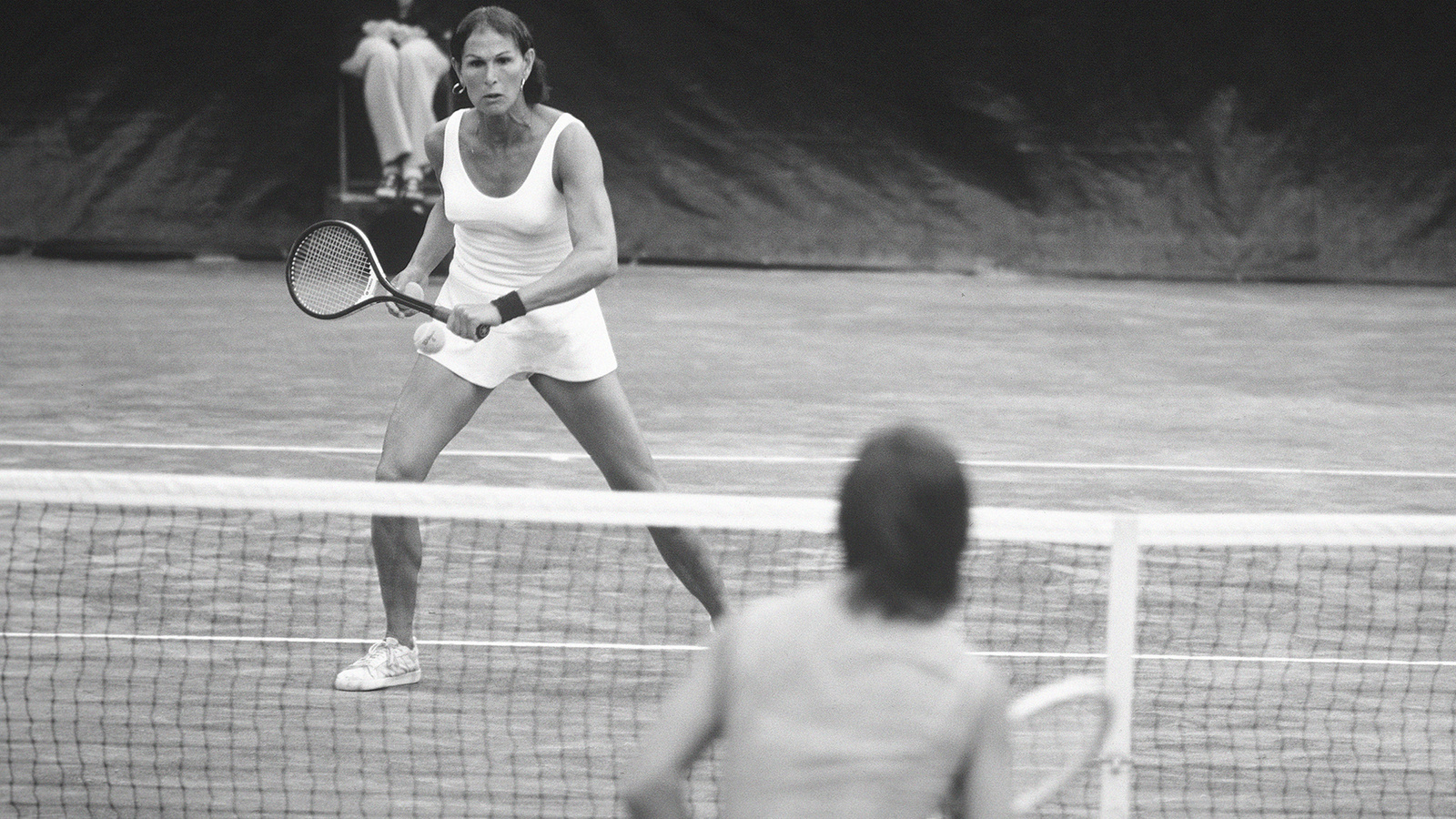
"I'm here to make a point. It's a human rights issue. I want to show that someone who has a different lifestyle or medical condition, has a right to stand up for what they are." - Renee Richards, former professional tennis player and trans rights icon.
This week marks the 41st anniversary of the United States Tennis Association banning Renee Richards, a trans woman, from participating in the 1976 U.S. Open. Prior to the start of the tournament – held in the Queens neighborhood of Forest Hills, where Richards also grew up – the USTA required that all women competitors take a chromosomal test in order to be allowed to compete. The test requirement was in direct response to Richards.
"There will be no exceptions," said Mike Blanchard, U.S. Open chairman. "I guess we have Dr. Renee Richards to thank for instituting this.
Richards refused to take the test and was not permitted to play. Shortly thereafter, she filed a lawsuit against the USTA alleging discrimination. The New York Supreme Court agreed with her and her lawyer – the infamous Roy Cohn, known for his ties to former Senator Joseph McCarthy and now president Donald Trump – and ordered that Richards be allowed to play in the 1977 tournament. Richards would go on to lose to Virginia Wade – that year's Wimbledon champ – in the first round, inadvertently proving wrong critics who claimed that Richards held an unfair biological advantage over her competition. Despite her early exit, Richards's legal victory and subsequent participation in one of tennis's biggest tournaments is considered to be one of the most significant moments in the history of trans rights.
- Fidel Martinez
More must-reads:
- Maryland school banning Redskins gear
- Rams to donate proceeds from Week 1 ticket sales to Hurricane Harvey relief
- The 'Active MLB strikeout leaders' quiz
Breaking News
Customize Your Newsletter
 +
+
Get the latest news and rumors, customized to your favorite sports and teams. Emailed daily. Always free!

